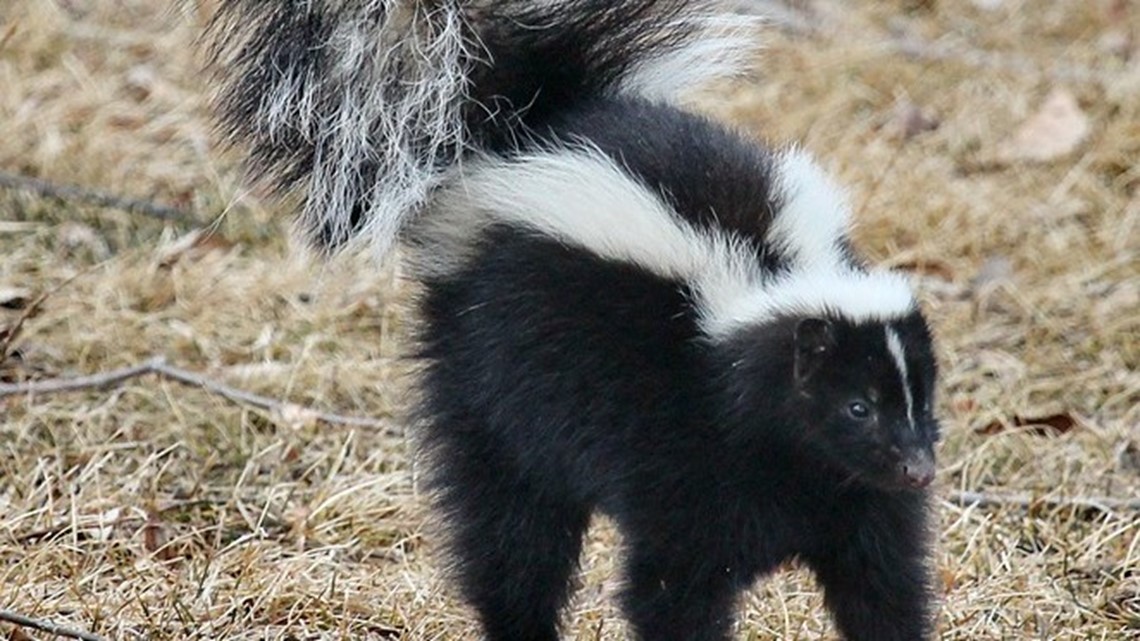
Officials want remind you not to feed, touch or handle any wildlife.
SAN ANTONIO — City of San Antonio Animal Care Services is reminding the public to take precautions after a 7-year-old was exposed to a skunk that tested positive for rabies last week.
The child was exposed to a rabid skunk found near their family home off Bitters Road and Wood Valley Drive.
The Texas Department of State Health Services confirmed 18 cases of rabid animals in Bexar County last year. Most of those cases involved bats.
Officials want remind you not to feed, touch or handle any wildlife.
As a result, you are advised to keep the following practices in mind:
- Refrain from feeding, touching, or handling any wildlife or unfamiliar animals.
- Do not attempt to handle or approach a bat, coyote, raccoon, skunk, or other wildlife.
- Teach children to avoid touching or petting wildlife or any roaming animal, regardless of whether it is living or dead. Children should tell an adult immediately if they see or touch a wild animal. Bat bites may not be visible, and prompt post-exposure treatment can be lifesaving.
- Make sure your pets are current on their rabies vaccinations. This is one of the most effective protections against transmission.
- If you or your pet encounters a bat, coyote, raccoon, skunk, or other wildlife, report the incident immediately to animal control and follow the required quarantine protocols. For individuals living within the San Antonio city limits, call City of San Antonio Animal Care Services at 311. If living outside the city limits, call Bexar County Animal Control at 210-335-9000.
- Pets that encounter potentially rabid wildlife should be confined to prevent further exposure to people or animals.
- State law mandates that any actual or potential rabies exposure must be reported to the local rabies authority (Animal Care Services) for investigation and testing conducted by the City of San Antonio Metropolitan Health District.
- If the potentially rabid animal is within a home or building, try to keep the animal confined, but only if it can be done safely and without direct contact.
- If possible, wait for Animal Control to respond and avoid striking the animal. Physical trauma can damage the brain and make laboratory rabies testing impossible.
Also, make sure that your dogs and cats are vaccinated against rabies each year in accordance with city and state law.
SA ACS regularly hosts pet vaccination and microchipping clinics throughout the city including one this Saturday, October 25 from 9 a.m. to 11 a.m. in the pavilion of the Paul Jolly Center for Pet Adoptions located at 210 Tuleta.
Free rabies shots as well as other core vaccinations and microchips will be available for the first 100 San Antonio pet guardians.
The SAACS vaccination clinic schedule can be found online at SA.gov/ACS.
